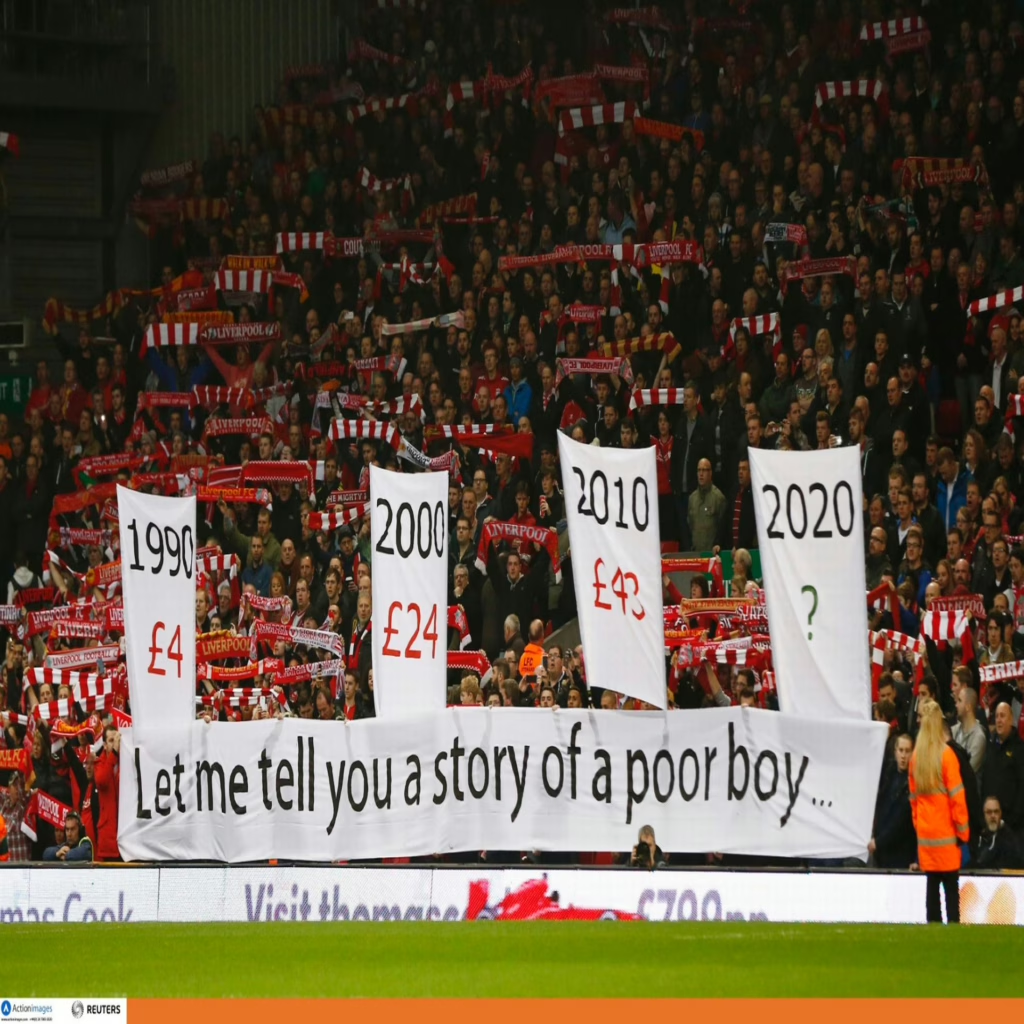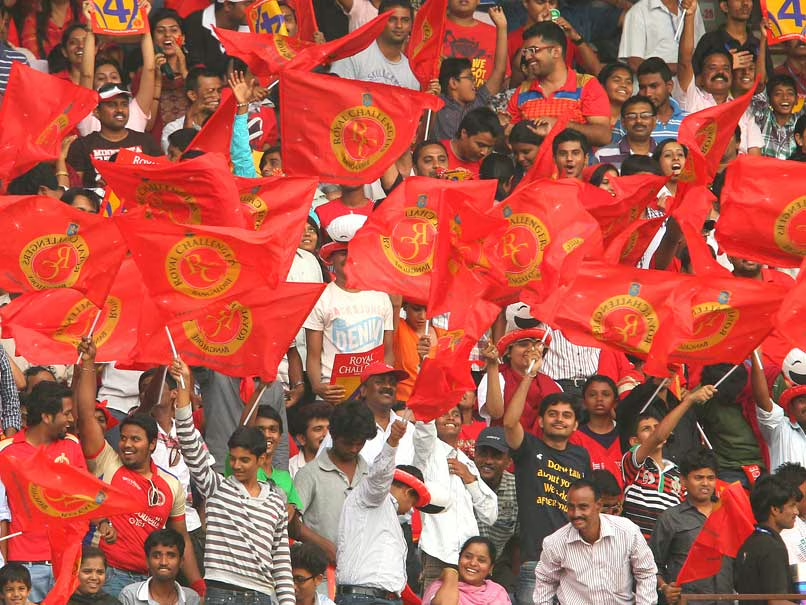There was a time when getting a ticket to a big match felt like destiny choosing you. You’d queue up — mouse in one hand and hope in the other. If you got in, you didn’t just watch the game — you earned it. It meant something. It was cricket’s way of saying, you belong here.
11:30 AM yesterday, I tried booking tickets for RCB vs CSK. A marquee clash between trophies and loyalty. A festival in itself. The kind of fixture where cricket meets chaos. Where memory meets mania. Within minutes, the tickets were “sold out.” Or so they said. What followed was — Telegram channels buzzing, Twitter threads filled with resale listings, reddit comments asking you to DM them offering tickets. The match hadn’t begun, but the game had already been rigged.
And yet — we cheered.
Not for a six. Not for a stunning catch. But for the fact that the game “sold out in record time.” That fans “snapped up ₹3,000+ tickets in under 4 minutes.” That it was the “fastest selling IPL match ever.”
As though we had all won something. As though being priced out, locked out, boxed out — was something to be proud of.
What are we really celebrating?
The Misdirection of Pride
We’ve started romanticising our own exclusion. Wearing it like a badge. We don’t question why tickets cost four times more at one venue than another. We don’t ask why the system breaks down every time there’s a big game. We don’t challenge the absurdity of it all — we just repost it with fire emojis.
A couple of months ago, the same charade played out for a movie premiere. Tickets priced at ₹1,000 disappeared in minutes, only to resurface on twitter at 2X the price. The headlines?
“Record-breaking opening!“
“Fans willing to pay anything!”
Not a word about the thousands locked out of an experience that should have been accessible.
We’re trapped in a strange paradox — the more we’re exploited, the louder we seem to cheer. Our collective response has become a masterclass in Stockholm syndrome. We’ve fallen in love with the very system that holds us hostage.
A Tale of Two Fandoms
Meanwhile, across oceans, a different story unfolds.

At Liverpool FC, when owners attempted to raise ticket prices to £77 in 2016, fans didn’t celebrate the club’s “market value.” They stood up — and then walked out. In the 77th minute of a match against Sunderland, thousands emptied their seats in coordinated protest. The message was clear, some things matter more than money. The club reversed course within days.
At West Ham, when the club attempted to eliminate concession tickets for seniors and children, fans didn’t post about “premium experiences.” They rallied, resisted, and forced the ownership to backtrack. They understood that a stadium without the young, the old, and the everyday supporter isn’t a home — it’s just real estate.
Across Europe, Bayern Munich supporters regularly unfurl banners declaring “Twenty is Plenty” — a movement insisting that away tickets shouldn’t cost more than £20. It’s not that these fans can’t afford more, it’s that they won’t let their passion be weaponised against them.
These fans know something we seem to have forgotten: that loyalty shouldn’t be taxed but treasured. That accessibility isn’t a luxury but the soul of sport.
The Scoreboard
What’s most bewildering is that we celebrate sellouts while ignoring the real score:
- Tickets magically appearing on resale sites: 1000’s
- Minutes the average fan spends trying to book: 45
- Minutes before “sold out” notification: 5
- Premium charged by black market: 400%
- Questions asked by media: 0
While we post about how our team is “so popular, tickets sold out instantly,” the real story is that most of us never had a fair shot. The playing field was tilted before we even logged in.
In cheering the sellout, we’ve sold ourselves short — and handed the mic to those who profit from silence. Every headline about “record sales” is a smokescreen that obscures the fundamental question – Why is a public spectacle increasingly becoming a private auction?

It’s not just about missing a match. It’s about what we’re letting slip away while clapping for the wrong things. When fandom becomes a fight against firewalls, when loyalty is repackaged and resold, when we celebrate not what we saw, but how quickly it disappeared — what are we left with?
A sport doesn’t lose its soul all at once.
It erodes quietly.
With every shrugged shoulder.
With every “Bro, that’s how it works now.”
But it doesn’t have to be.
Because the real question isn’t just how fast it sold out.
The real question is — who really got in?
